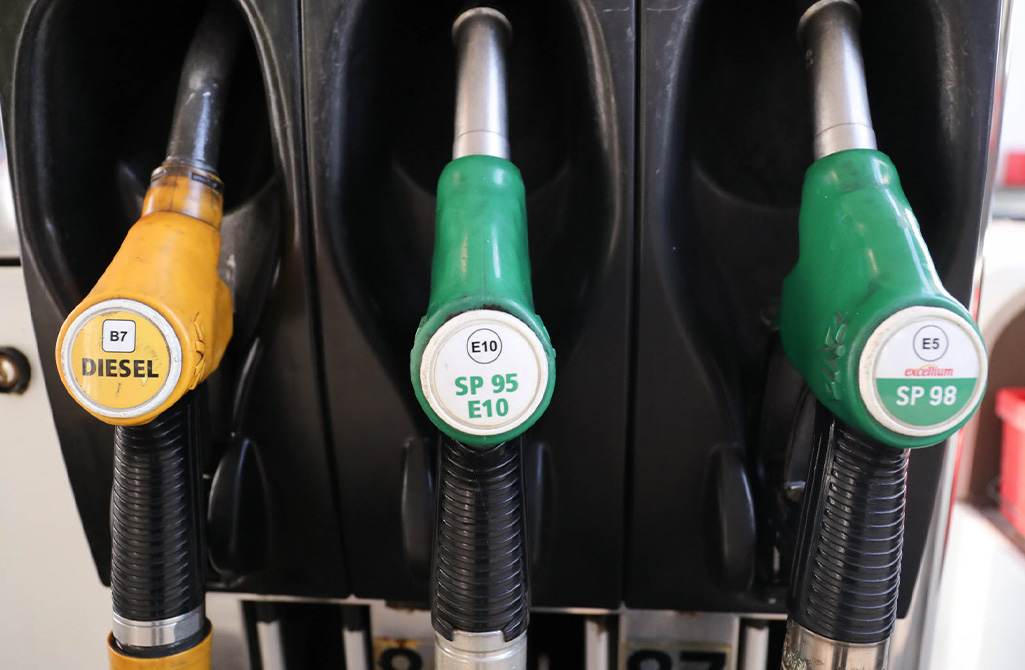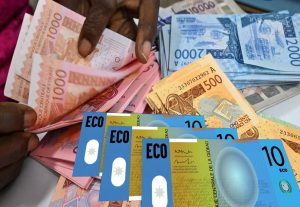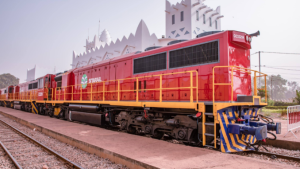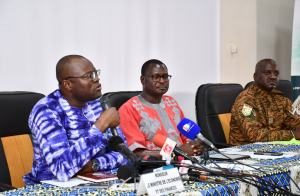DRC: Subsidising the price of petroleum products and its repercussions on the economy

The Congolese government, represented by Vice-Prime Minister and Minister of National Economy Daniel Mukoko Samba, has recently highlighted a significant economic challenge: managing subsidies on petroleum products.
While these subsidies are crucial for protecting citizens’ purchasing power, they impose a substantial financial burden on the state, with estimated losses around $15 million per month.
Nevertheless, the government remains determined to stabilize fuel prices, demonstrating its commitment to protecting Congolese households.
In a recent press conference alongside Minister of Communication and Media Patrick Muyaya, Mukoko Samba explained that, without state intervention, the price of a liter of fuel could soar to 5,400 Congolese francs.
To prevent such a spike, the government covers between 2,100 and 2,300 francs per liter, a significant financial effort to mitigate inflation’s impact on consumers. Although costly, this strategy illustrates the government’s resolve to cushion the economic effects on its citizens.
The state’s efforts have already managed to reduce the subsidy deficit from $40 million to $15 million per month. This progress reflects the authorities’ commitment to controlling public finances while supporting the most vulnerable segments of society.
Ongoing reforms, such as stabilizing the exchange rate and increasing fuel sales volumes, aim to gradually reduce reliance on subsidies and bolster the country’s economic resilience.
However, for these efforts to be fully effective, it is crucial to ensure a fair distribution of wealth across the population. The government must ensure that economic benefits, even those from subsidies, reach all citizens, particularly the most disadvantaged.
This requires rigorous management of public resources and the implementation of policies that promote economic inclusion and social justice.
While acknowledging the progress made, it is essential to continue bold economic reforms and ensure that the benefits of these efforts are equitably shared among all Congolese people.
Jean-Robert TCHANDY












